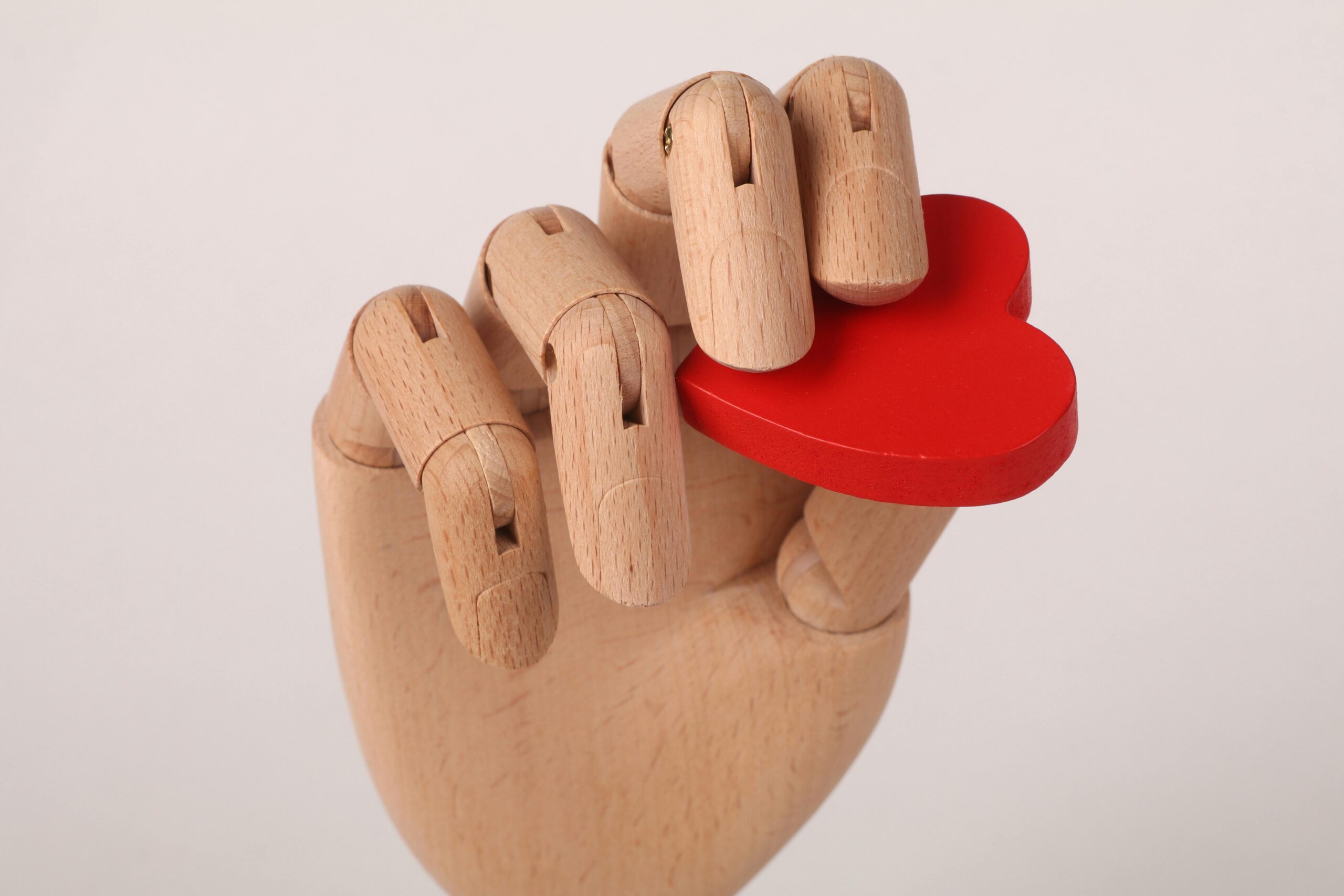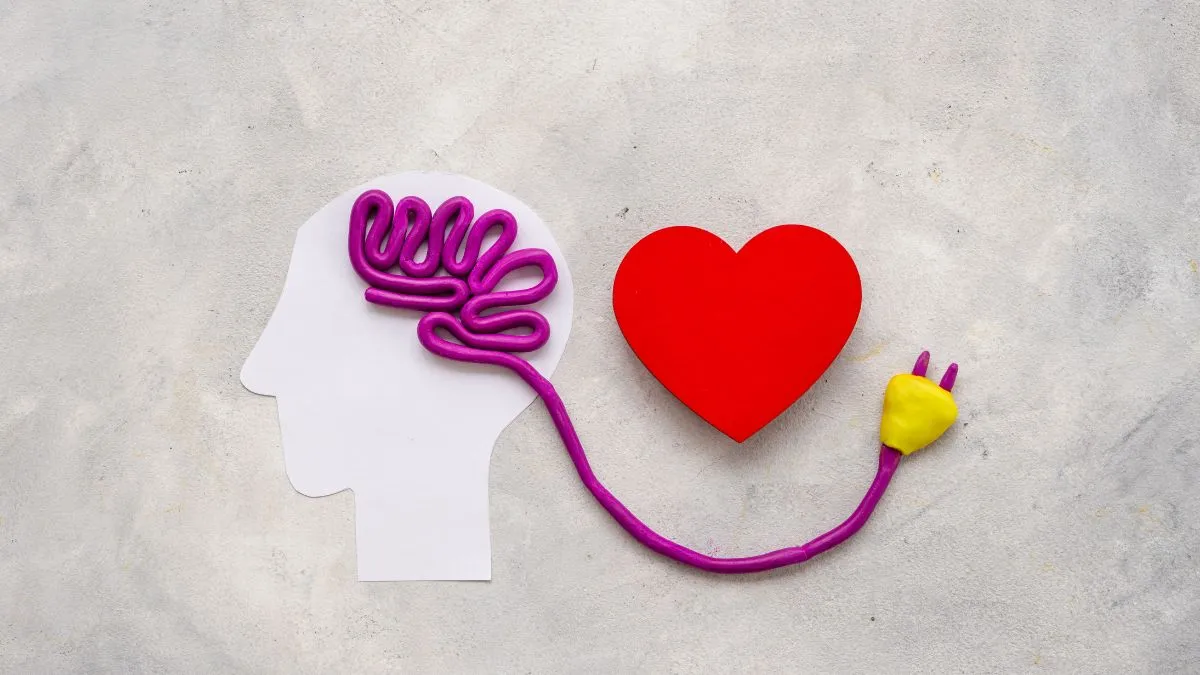Although empathy has become a buzzword, it’s grossly misunderstood and is often incorrectly defined by the media. Despite this, empathy remains one of the most powerful and valuable skillsets a person can have. I answer two questions below, “what is empathy” and “why is empathy important,” and I describe three types of empathy and provide examples of empathy.
What is empathy?
Empathy includes two basic parts. The first is the ability to identify with the perspective and feelings of another person. This is also known as perspective taking. The second part is the ability to respond emotionally to the perspective and feelings of another person. Our emotional response to others is just as important, if not moreso, than perspective taking.
It is a misnomer that we need to share the same experiences with someone in order to empathize with them. For example, although I have never broken my leg, I can take the perspective of someone with a broken leg by considering what it must be like for them. I can draw from my own experiences to help me with this, but I don’t need to have a broken limb to imagine how hard it must be to get around using crutches or trying to drive a car.
Empathy works so well because it does not require a solution. It requires only understanding.
Empathetic development
Everyone has the capacity to develop empathy. Babies are born with the ability to pick up on changes to their emotional environment, such as a change from a peaceful and happy environment to one with tension and disharmony. As children develop and begin to understand they are separate, autonomous individuals, their ability to develop empathy increases. Some of the milestones that a child achieves during this developmental process includes:
- an understanding that they are a separate individual from everyone else;
- an awareness of their own emotions and how they affect them;
- the realization that what they think and feel is different from everyone else;
- how to recognize the basic emotions;
- how to take the perspective of other people; and
- thinking about what kind of response may be helpful in a given situation.
Most children are able to reach these milestones between the ages of 3 and 5. Children also begin to learn how to internalize values and morals during this time.
Why is empathy important?
Empathy is important for a variety of reasons. Some of these reasons are more personal while others address the needs of society as a whole.
- An increase in empathy directly relates to a decrease in bullying. Bullying is a multi-faceted problem, for sure, but one common characteristic among bullies is a lack of empathy.
- Humans all desire to be seen, heard, and understood. Empathizing with one another makes that desire a reality by increasing social competence.
- We all want to feel like we belong somewhere. Empathy allows us to look at things we have in common regardless of our differences. It allows us to look at those differences as something that adds value to us as individuals.
- Empathy helps to strengthen interdependence. As much as we like to promote independence, the fact is we all need each other. This is true both inside the home and outside of it. You want your children to grow up contributing to the household chores? Empathy helps with that. When we volunteer in our community or contribute to society, empathy helps with that.
Examples of empathy
Most of us are empathetic without even realizing it. There are three types of empathy (although some researchers have narrowed it down to two!) and you likely do all three in some form. Examples of empathy are included below.
Cognitive empathy
Cognitive empathy is all about perspective taking. Considering someone else’s perspective doesn’t necessarily lead to sharing their feelings or making an emotional connection. For example, if I see someone parked on the side of the road with a flat tire, I may think to myself “oh man, that sucks. I’ll bet they’re really hot.” But I don’t necessarily feel hot nor do I feel the frustration they must feel.
Emotional empathy
Emotional empathy is when you share in the emotions someone else must be feeling. As a mother, when I read a news story about someone losing their child, I feel deep sorrow on their behalf. I definitely don’t know precisely how they feel (and I hope I never do!) and yet I am able to imagine the devastation. A less extreme example would be taking on the feelings of a character in a movie or book.
Compassionate empathy
Compassionate empathy (or empathic concern) is the marrying of cognitive and emotional empathy and then feeling concern or taking action. An example might be seeing someone hurt and stopping to assist them.
There are many benefits to empathy and we each display it in different ways. It’s important to help children develop empathy as a part of their social emotional development. Empathizing with one another brings us together in ways we benefit as individuals and as a society.
Register for my FREE Intro to Anger Management Course
Are you struggling to manage your anger? If so, then this free Anger Management Course is for you.




